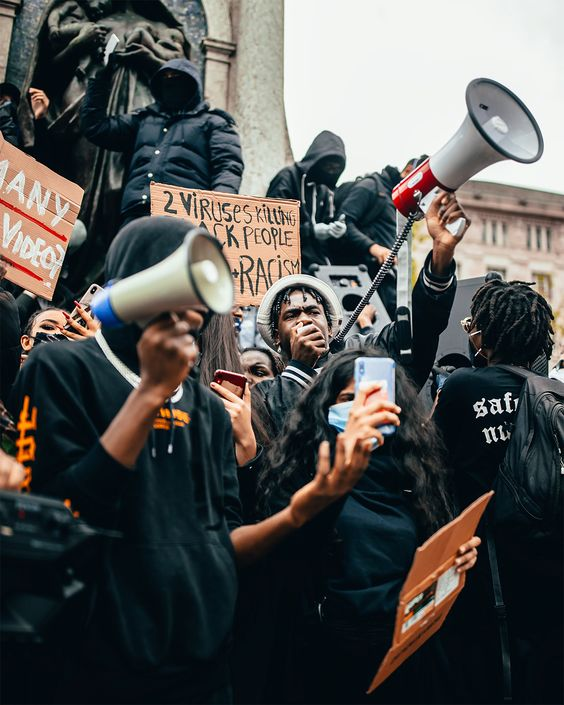Barack Obama's Presidency: An Incomplete Journey for Black Economic and Social Stability
- Z Branding & Business Solutions

- Jul 2, 2024
- 3 min read

Photo Credit: Huffington Post (2012)
Barack Obama’s presidency was a historic milestone for America, symbolizing progress and the breaking of racial barriers. His election in 2008 was met with immense hope and expectation, particularly within the Black community, which saw his ascendancy as a beacon of change. However, when examined critically, the economic and social benefits anticipated by the Black community during his tenure remain debatable. While Obama’s presidency brought symbolic representation and some policy advancements, it fell short of significantly enhancing the economic and social stability of Black Americans.
Economic Outcomes Under Obama's Presidency
During Obama’s administration, the nation experienced an economic recovery following the Great Recession. Unemployment rates decreased, and the stock market saw substantial gains. However, these macroeconomic improvements did not translate equitably across all demographics, particularly within the Black community. Black unemployment rates, though reduced, remained nearly double those of their white counterparts. Homeownership rates among Black Americans continued to decline, exacerbating the wealth gap that persists to this day.
Furthermore, initiatives like the Affordable Care Act (ACA) expanded health insurance coverage, which benefited many low-income Black Americans. Yet, systemic issues such as mass incarceration, educational disparities, and discriminatory lending practices received inadequate attention, perpetuating economic stagnation and inequality.
Photo Credit: Manchester's Finest (July 2020)
Social Stability and Justice
Obama’s tenure also witnessed significant moments in the fight for social justice, such as the emergence of the Black Lives Matter movement following the deaths of Trayvon Martin, Michael Brown, and others. While the Obama administration made some strides in criminal justice reform, including reducing sentences for non-violent drug offenders, these efforts were insufficient to dismantle deeply entrenched systemic racism.
Obama often found himself balancing a fine line between addressing Black issues and maintaining a broader appeal. His approach, at times perceived as cautious, led to criticism from those who felt he did not leverage his position to its full potential to advocate for transformative change. His calls for personal responsibility within the Black community, while important, were sometimes viewed as overshadowing the structural barriers that persistently hinder Black progress.
The Path Forward: Our Collective Responsibility
As we reflect on the Obama presidency and its impact, it becomes clear that true economic and social stability for the Black community cannot solely rely on the actions of any single leader. The salvation of our community lies not in the hands of Barack Obama, Joe Biden, Donald Trump, or any other political figure. It is our collective responsibility to drive change through grassroots efforts, economic empowerment, and community solidarity.
We must prioritize education, invest in Black-owned businesses, and support policies that address systemic inequities. By fostering a culture of entrepreneurship and self-reliance, we can create generational wealth and strengthen our economic foundation. Community organizations and local leaders play a crucial role in mobilizing resources, advocating for justice, and nurturing the next generation of Black leaders.
While Barack Obama’s presidency marked an era of significant symbolic importance, its tangible benefits for Black economic and social stability were limited. The onus is now on us to take proactive measures to uplift our community. By uniting and working towards common goals, we can build a future where the Black community thrives economically, socially, and culturally. It is through our actions and determination that we will achieve lasting change and true empowerment.
Visit www.zbrandingbusiness.com for a consultation or more economic tips.
_edited.png)




Comments